Crypto wallets
Here we go through the functions of crypto wallets and explain the different types of wallets that exist and what differentiates them.
To buy, sell, create or transfer NFTs, you need a crypto wallet containing cryptocurrency.

Here we go through the functions of crypto wallets and explain the different types of wallets that exist and what differentiates them.
A crypto wallet is a software program that stores a set of keys used to sign transactions, transfer, receive and also track ownership of NFTs and cryptocurrencies on the blockchain. A crypto wallet contains at least one key pair consisting of a private key and its cryptographically derived public key.
Storage of cryptographic keys
Crypto wallets store users' public and private keys while providing an interface to interact with applications on the blockchain, enabling selling, buying and transfering NFTs and cryptocurrencies.
How crypto wallets are used
When you buy an NFT, there is no transfer of the NFT itself from the seller's wallet to your wallet since NFTs exist on the blockchain, not in wallets. Instead, your private key is used to sign the transaction that is sent to the network of nodes on the blockchain. The network will then include the transaction in a new block such as which is added to the blockchain. Finally, the blockchain has been updated and now reflects that your wallet gives you access to the NFT you purchased.
Wallet types
Crypto wallets are generally divided into software wallets and hardware wallets.

Software wallets
Software wallets are today the most user-friendly option but at the same time the most risky as the wallet software has direct access to the keys as the wallet is connected to the internet and thus vulnerable to attacks. Just as you shouldn't keep too much money in a physical wallet, you shouldn't keep valuable assets in a software wallet either. Crypto wallets via mobile, desktop and the web are normally software wallets where MetaMask is the most popular software wallet on Ethereum.
Hardware wallets
A hardware wallet is a piece of hardware similar to a USB stick that is used to sign transactions by plugging the device into a computer. Hardware wallets are more secure compared to software wallets as they are designed to avoid hacker attacks by storing the keys inside the hardware device which is not connected to the internet. To complete a transaction, the wallet is connected to the internet, but your private keys always remain offline. Thus, the vulnerability to attacks does not arise in the same way as if the private keys would have had to be connected to the internet. Ledger, Trezor and Lattice1 are the most popular hardware wallets.

Crypto wallets are divided into centralized and decentralized wallets.
Centralized wallets (custodial)
With centralized wallets, a third party, such as a crypto exchange, is responsible for a user's private keys and uses them to sign transactions on behalf of the user. Centralized wallets work for users who have no problem trusting a third party to store the private keys. However, if for example, the crypto exchange where you store your assets and your private keys goes bankrupt or is hacked, you risk losing all your assets. At the same time, with a centralized wallet, you don't get access to all decentralized applications such as NFT marketplaces.
Decentralized wallets (non-custodial)
To interact with most decentralized applications, you need a decentralized wallet. With a decentralized wallet, you are solely responsible for storing your private keys, which means you don't have to rely on a third party. However, if the private keys are lost or leaked, you will lose all your assets. MetaMask is the most popular decentralized crypto wallet on Ethereum.
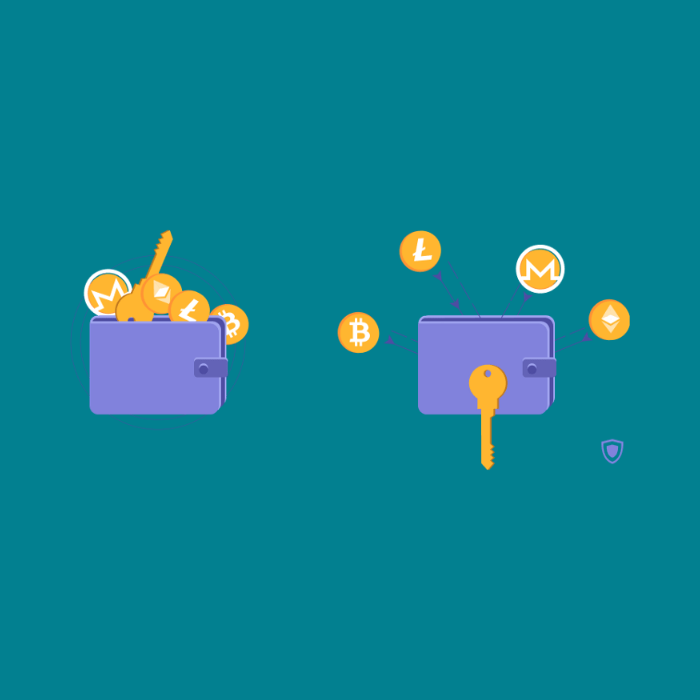
Crypto wallets works as applications that allow you to manage your account on the blockchain.
The wallet as digital identity
A user's wallet acts as their identity in the web3-world. It can be through of as having an account for the entire web, with all the data and content ever signed by the user. Instead of having to create a new account for every online service you use, your crypto wallet is your account for everything. The crypto wallet acts as an identity where you can easily connect your wallet to all sorts of decentralized applications and sign messages proving that you are the owner of the wallet.
The wallet manages your assets
Through the wallet, you can see your balance, transact and interact with decentralized applications. Technically, the wallet does not store your NFTs or cryptocurrencies as these exist on the blockchain. However, the wallet gives you access to the NFTs and cryptocurrencies your wallet gives you access to.
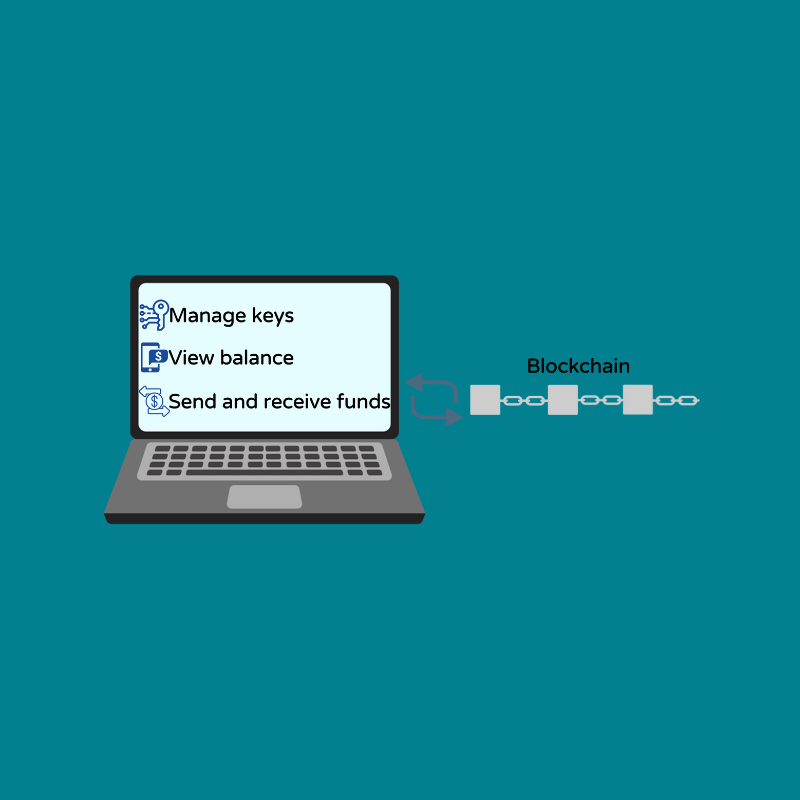
Public and private keys are an integral part of blockchains. They allow users, through the crypto wallet, to buy, sell, transfer and receive NFTs and cryptocurrency without involvement of a third party. You can use the keys to transact on the blockchain with anyone, anywhere, at anytime. The public and private keys fit together as a key pair. You can share your public keys to receive assets, but your private keys must be kept secret under all circumstances.
Public keys
The public key generates a wallet address which is a shortened form of your public key. An Ethereum wallet address consists of 42 letters and numbers, 0x0825f18E948011f96DDa9508817420986E3313b4, which like an email address can be shared publicly and people can send NFTs and cryptocurrency to the address. However, unlike email your inbox is not private. Anyone can, via your wallet address, see your NFTs, your cryptocurrencies and your transaction history. Although anyone can see your balance and send funds to your wallet address, the private key is needed to access the wallet.
Private keys
The private key acts as a password that unlocks your wallet and thus proves that you are the true owner. As long as only you have access to your private key, your assets are secure and can be managed anywhere in the world where there is an internet connection. Each transaction on the blockchain requires signing with a user's private keys for the transaction to go through.
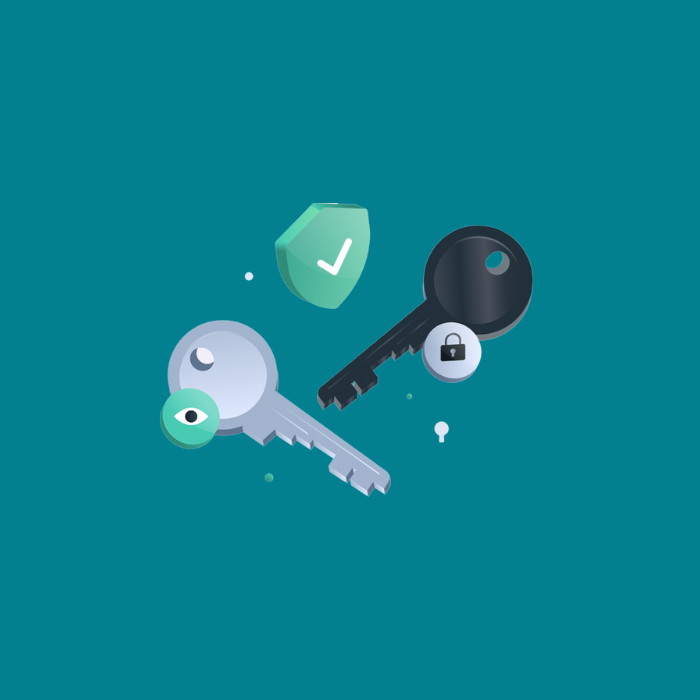
When you set up your crypto wallet for the first time, a so-called seed phrase is created, a secret recovery phrase for your crypto wallet. A seed phrase is a code of 12, 18 or 24 words that can be used as a back-up mechanism if you lose access to your crypto wallet or associated private key.
Keep your seed phrase safe
From your seed phrase it is possible to access the associated wallet addresses, private keys and assets. Hence, it is extremely important that you physically write down your seed phrase (in several places) when you setting up your crypto wallet. You should then store your seed phrase physically in safe places and never ever store it digitally or share it with anyone.
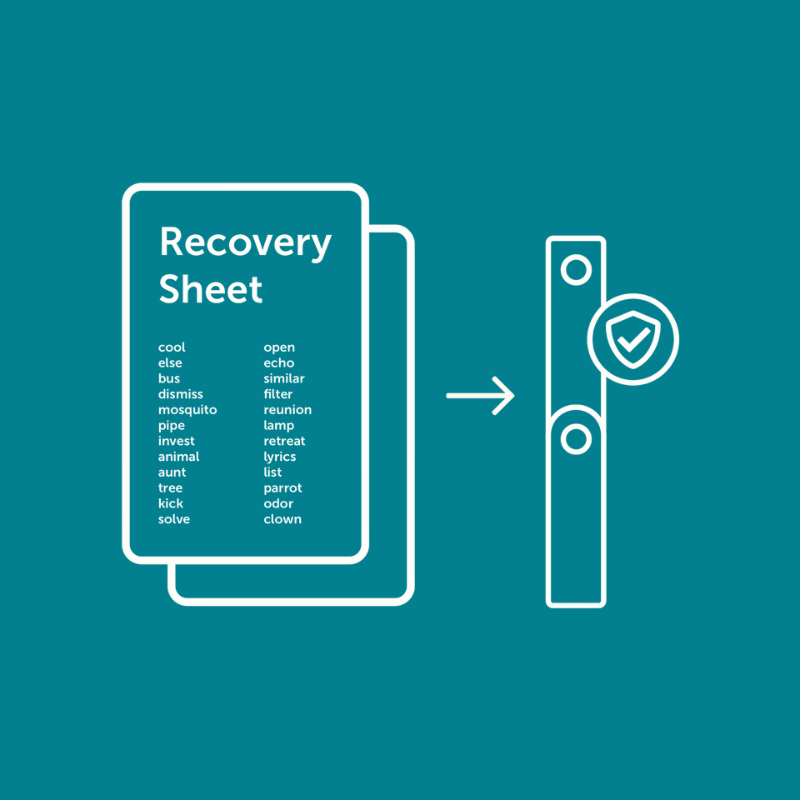
A third party is responsible for storing your private keys that provide access to your wallet and thus your NFTs and cryptocurrencies. A centralized wallet can mean that a crypto exchange holds your assets for you, similar to how a bank holds your money in a bank account.
Benefits
Disadvantages
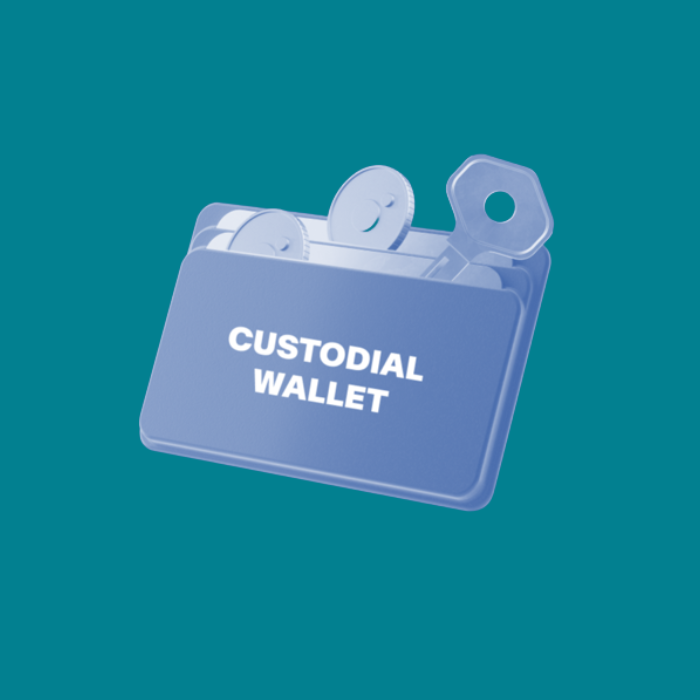
Entirely own responsibility for the wallet. A decentralized wallet gives you full access to all the applications the blockchain has to offer.
Benefits
Disadvantages
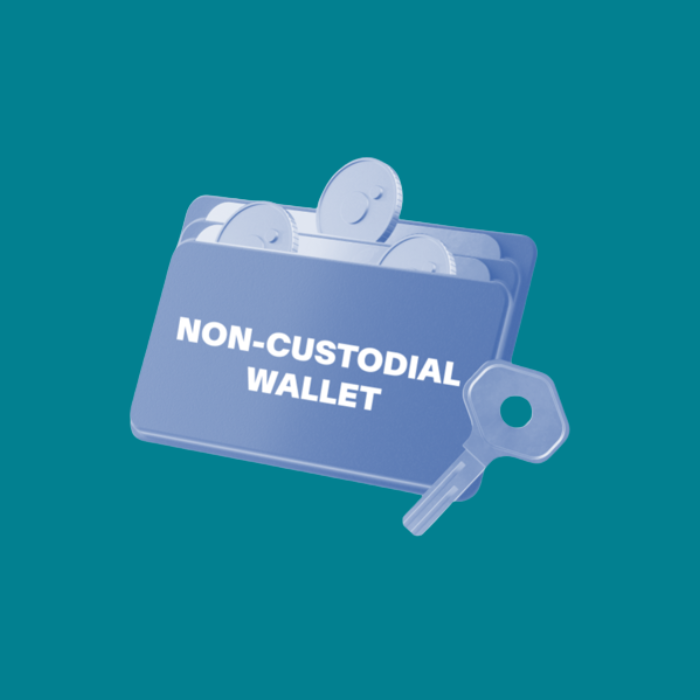
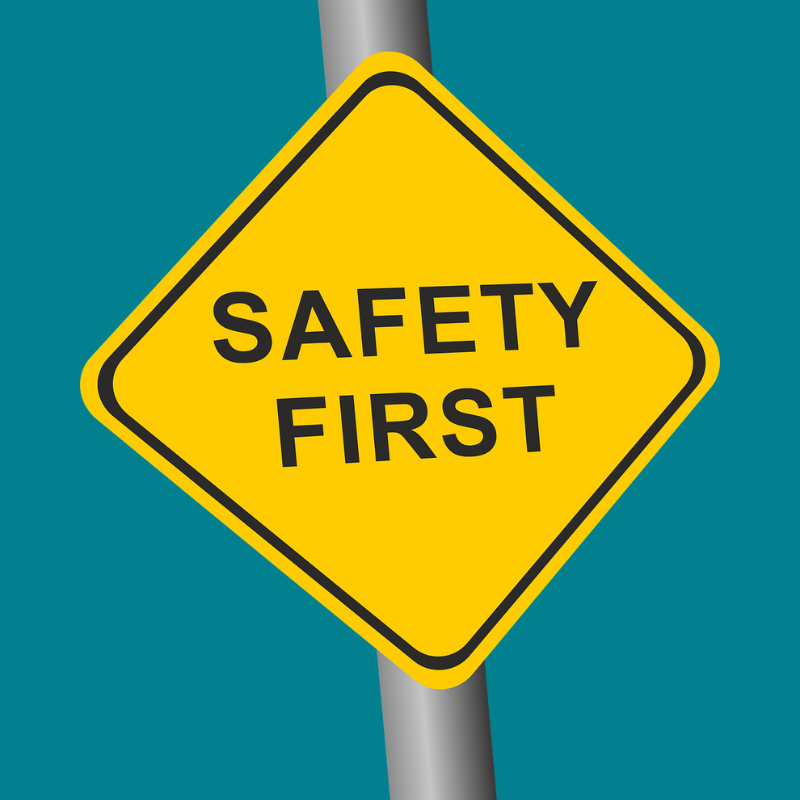
NFTPORTAL is your portal to reliable and exciting information in the NFT space. Stay one step ahead and make informed decisions on the rapidly growing NFT market through guidance from NFTPORTAL.


Want to stay one step ahead of the rapidly growing NFT market? Subscribe now to get access to guides, news, and interviews with inspiring people in the space.
